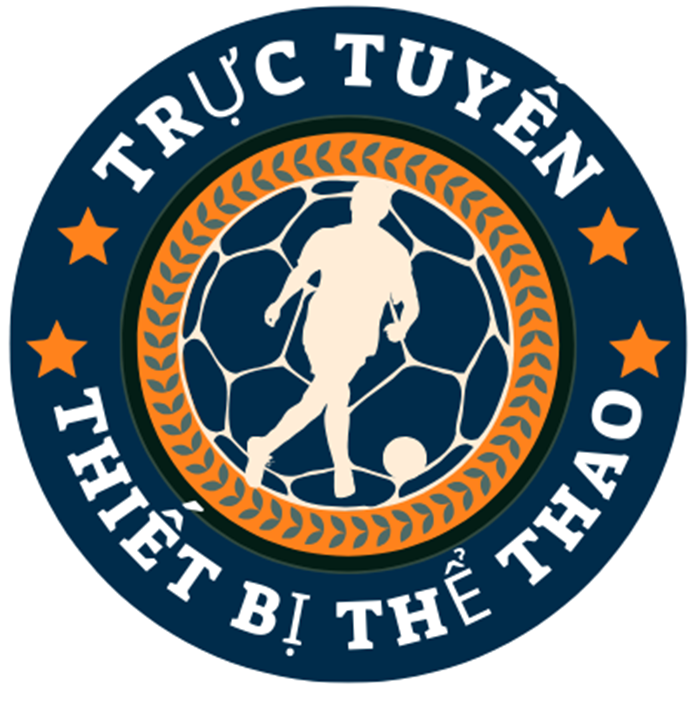Internet lawyers concentrate on addressing the complex legal landscape of online operations, spanning confidentiality statutes, intellectual property rights, and international regulatory adherence. Their specialized knowledge links the separation between established legal norms and the unique challenges presented by the transnational character of the internet ecosystem[1][4][5]. https://internetlawyers.net/
## Core Responsibilities of Internet Lawyers
### Privacy and Data Security
Data privacy attorneys guarantee adherence with worldwide mandates like the General Data Protection Regulation and California Consumer Privacy Act, especially for businesses managing personal details across diverse regulatory regions[1][5]. Modern instances entail advising software-as-a-service companies on security incident procedures and international information sharing[3][14].
### Intellectual Property Management
Essential tasks involve settling website address conflicts, fighting fake products on e-commerce platforms, and handling copyright infringement in user-generated content[5][10][16]. For instance, practices such as The Internet Law Group frequently pursue cybersquatters under the Anti-Cybersquatting Consumer Protection Act[7][12].
### Legal Adherence and Hazard Reduction
Lawyers create terms of service, data handling guidelines, and AI usage frameworks to minimize liability[3][8]. As nearly all British practices implementing machine learning solutions, internet lawyers now review AI systems for fairness assurance and responsible implementation[6][8].
## Technological Integration in Contemporary Legal Work
### AI-Powered Legal Tools
Platforms like Casetext leverage natural language processing to review legal documents 80% more rapidly than traditional approaches, detecting clause discrepancies and possible risks[3][8]. Predictive analytics tools assess case law precedents to predict litigation outcomes with high precision[6][11].
### Blockchain and Smart Contracts
Innovative uses feature automated contracts for online IP protection and non-fungible token validation[8][11]. Practices including Syverson Law lead in tokenized asset litigation, establishing benchmarks for virtual currency laws[9][14].
## International Legal Complexities
### Conflicting Regulations
Companies operating in multiple nations face opposing requirements, such as European data erasure laws versus American First Amendment rights[1][10]. Current judgments in New York tribunals highlight the unenforceability of territory-restricting terms in digital user agreements[4][9].
### Cross-Border Litigation Strategies
Successful methods involve selecting favorable jurisdictions and using international treaties like the Cybercrime Treaty[16][18]. The Internet Law Group regularly initiates lawsuits in domain dispute resolution forums to regain website addresses within 60 days[7][12].
## Moral Implications in Online Legal Services
### AI Accountability Frameworks
Top practices implement prejudice identification systems and openness guidelines to preserve client confidence in machine-influenced rulings[6][8]. As an illustration, industry analyses recommend third-party audits for all predictive justice tools[6][11].
### Data Sovereignty Debates
Ongoing conflicts center on government access demands versus company confidentiality pledges. Recent EU court rulings mandates American companies to localize European user data, intensifying cloud storage practices[3][14].
## Prospective Developments for Internet Law
### DAO Governance Models
Anticipated regulations will tackle algorithmic agreement responsibilities and digital asset claims, demanding novel compliance strategies from blockchain-based businesses[8][11]. Firms like Adlex Solicitors currently offer cryptocurrency IPO advice across multiple legal regions[18][16].
### Advanced Tech Readiness
Future obstacles include post-quantum cryptography standards and synthetic media disputes. Pioneering attorneys collaborate with university scientists to develop deepfake identification systems for courtroom use[8][11].
